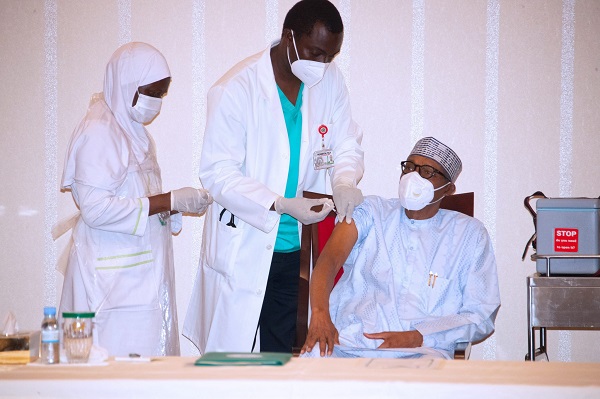If you have been vaccinated, could you still spread coronavirus? Here is what an expert says: As COVID-19 immunisation continues across the world, many people are still unclear as to what vaccines mean for the transmission of the disease. A microbiologist at the School of Medicine, University of Washington, USA, Professor Deborah Fuller answers three questions about transmission, post-vaccine and whether new variants could affect the vaccinated.
Professor Fuller says vaccination doesn’t 100 percent prevent you from getting infected. But vaccination reduces the chance of catching the virus or falling seriously ill from it. If a vaccinated person catches Covid19, the chances of transmitting it are lower, due to the reduction of viral load that can be passed on. So you’ve gotten your coronavirus vaccine; waited the two weeks for your immune system to respond to the shot and are now fully vaccinated.
Does this mean you can make your way through the world like the old days without fear of spreading the virus? Professor Fuller is working on coronavirus vaccines. She explains what science shows about transmission, post vaccination and whether new variants could change this equation. One, does vaccination completely prevent infection? The answer is no. You can still get infected after you have been vaccinated. But your chances of getting seriously ill or dying are zero.
Many experts think vaccines work like a shield, blocking a virus from infecting cells altogether. But in most cases, a vaccinated person is protected from the disease, not necessarily infection. However, each person’s immune system is a little different. So when a vaccine is 95 percent effective, that means 95 percent of the people who receive the vaccine won’t get sick. These people could be completely protected from infection. Or they could get infected but remain immune because their immune system eliminates the virus very quickly.
The remaining five percent of the vaccinated can become infected and get sick, but are extremely unlikely to be hospitalised. Vaccination doesn’t 100 percent prevent you from getting infected, but in all cases, it gives your immune system immense boost against the coronavirus. Whatever the outcome, whether complete protection from infection or the disease- you are better off after encountering the virus than if you hadn’t been vaccinated.
Two, does infection always mean transmission? Transmission happens when enough viral particles from an infected person get into the body of an uninfected person. Though, anyone infected with the coronavirus could transmit it. A vaccine will reduce the chance of this happening. Generally, if vaccination doesn’t completely prevent infection, it will make you shed or shorten the time that you shed the virus. Thus, a person who sheds less virus is less likely to transmit it to someone else.
For the effects of vaccination, in a recent study, Israeli researchers tested 2,897 vaccinated people for signs of coronavirus infection. They discovered that people vaccinated had no detectable virus. But infected people had one quarter the amount of virus in their bodies as unvaccinated people. Therefore, less virus means less chance of spreading it.
Three, but what about new coronavirus variants? New variants of coronavirus have emerged in recent months.
Sadly, vaccines are less effective against certain ones. The B1351 was first discovered in South Africa. For the variants, it means about 40 percent of vaccinated people will be infected, having enough virus in their bodies to cause moderate disease. It means vaccinated people could transmit these new strains of coronavirus. Indeed, if all goes well, vaccines will soon reduce the rate of death from coronavirus worldwide. Developing more effective vaccines will determine how long it will take humanity to overcome the coronavirus pandemic.



